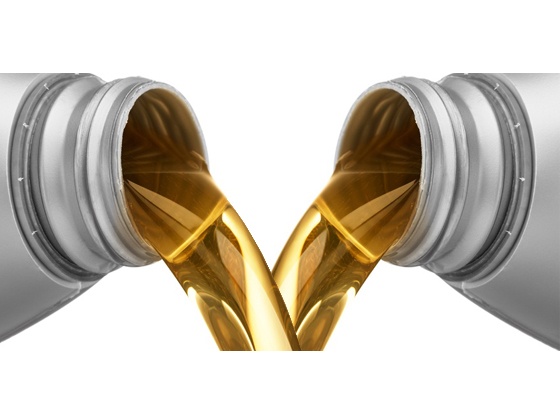Synthetic oils are designed to make our car more efficient. They are consisted of base stocks and various special purpose additives. Base stocks are made from synthetic hydrocarbon. With a special process, the structure of molecules is rearranged so they can be uniform in weight, shape and size. Synthetic motor oils are designed to ensure the engine to last longer and it won’t damage seals and other components. However, seals can be quite difficult to standardize and we should make sure that they have good quality. Additives could cause hardening, shrinkage and swelling, so we should make sure that seals can work well with synthetic oils. Good synthetic oils should be good enough to stay in the engine.
Synthetic oils with proper SAE grade, such as 10W-40, 10W-30 and others, should meet specific guidelines related to viscosity. It means that the synthetic oil should be able to maintain an acceptable level of viscosity at a range of temperature. Synthetic motor oils should work in any mechanically reliable engine, as an example it doesn’t leak. In this case, oil consumption could be reduced due to constant leakage. It should also be important to maintain good sealing characteristic between cylinder walls and piston rings. One big advantage of synthetic oil is its superior oxidation stability and it won’t react with oxygen, even at high temperatures. Despite based on synthetic hydrocarbon, these oils should be compatible with standard petroleum oils and fuel.
Compatibility is something that we should keep in mind, especially because synthetic oils are essentially synthetics. It means that we should choose more reputable brands and their mix of additives should provide specific characteristics. In order to provide optimal performance, we should use the same type of oil. Synthetic lubricants are now widely available and just about any major oil company has a product based on synthetic oil. This is a true testament to the potential value of synthetics. One thing that people are concerned about is that synthetic may produce sludge. In reality, synthetic oils don’t produce as much sludge as their more natural, petroleum counterpart. At higher temperature, they can better resist oxidation and temperature.
Synthetic motor oils should work well with oxygen sensors and catalytic converters. In essence, petroleum and synthetic motor are identical and they won’t damage oxygen sensors or catalytic converters. Engines should run better with emission control systems, sensors and synthetics. This will be equal with less contamination and more efficient operation. Synthetic oils won’t void warranties and we should consult with major engine manufacturers about their recommended synthetic lubricants. We should be aware that although synthetic oils are synthetics, they don’t really last forever. Eventually, additives inside these oils will falter and we will need to change them. Combustion byproducts, fuel dilution and moisture will eventually make degradation likely to occur. Tests have proven that good synthetic oils could protect the engine, reduce wear and make cars operate with good reliability. As long as we choose reputable brands that have been thoroughly tested, we should be able to protect our car engine.
